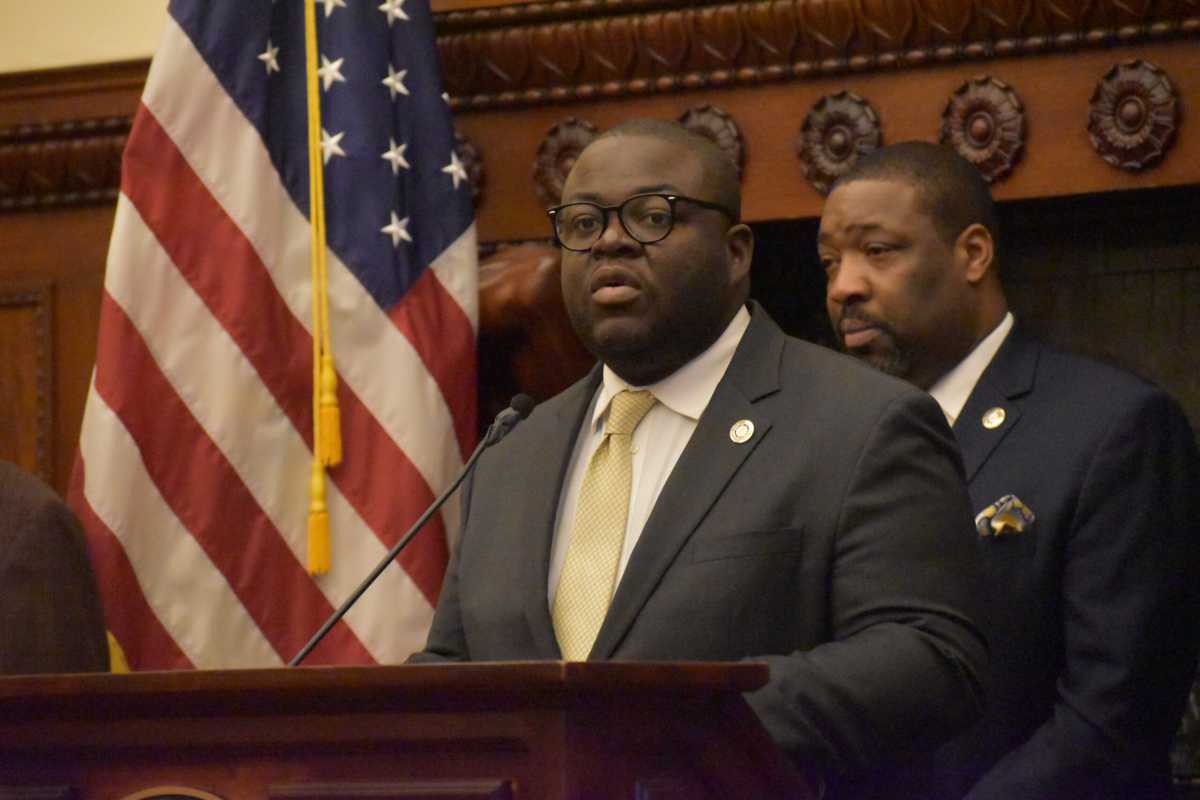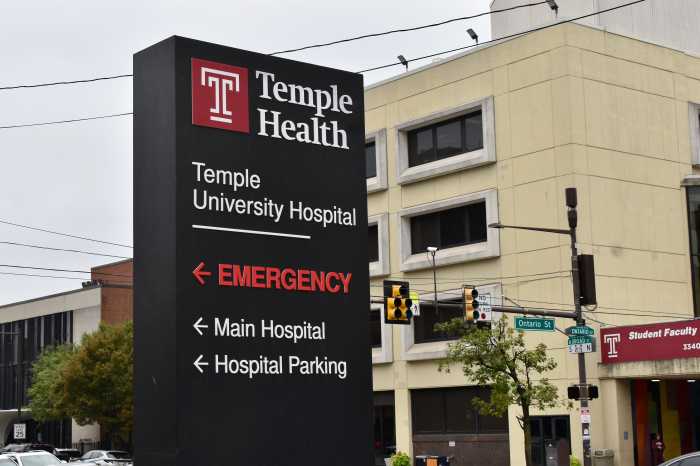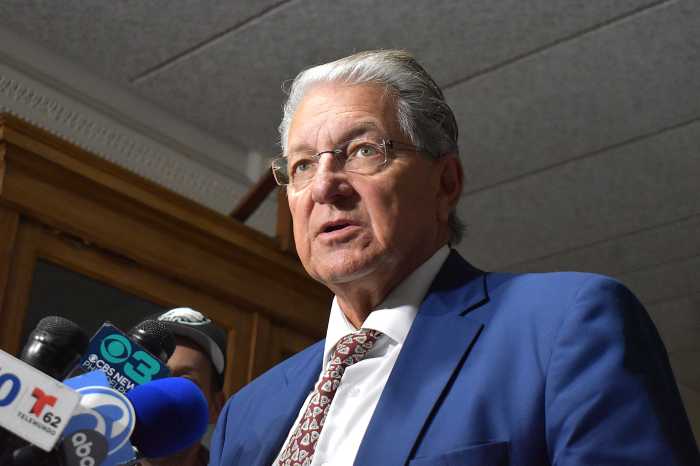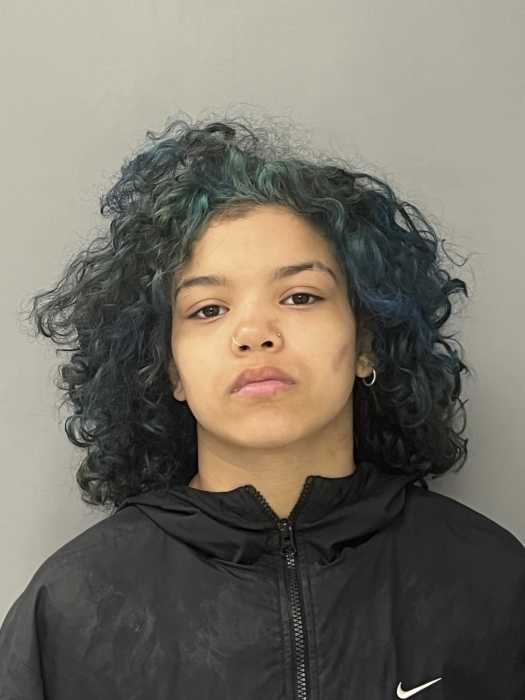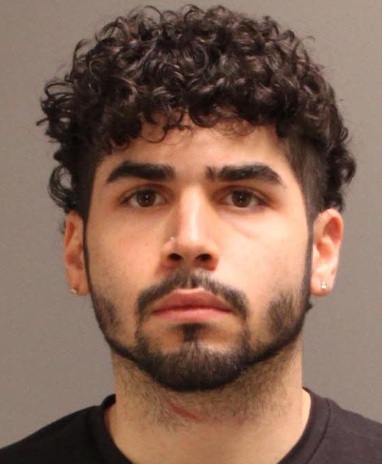City Council last week passed a controversial bill banning ski masks in certain public spaces, over the objections of the American Civil Liberties Union, public defenders and some youth activists.
The measure made national headlines and generated discussion on social media, with a NBC News TikTok post on the subject gaining more than 1 million views.
Also known as balaclavas and Pooh Shiesty masks, the coverings will be banned in schools, recreation centers, daycares, parks, city-owned buildings and on public transportation, if the legislation is signed by Mayor Jim Kenney. A Kenney administration spokesperson said his office plans to review the bill.
Any masks worn for a religious purpose; as part of a traditional holiday costume; to protect someone engaged in a trade or other occupation; in a theatrical production; while participating in a First Amendment-protected activity, such as a protest; or by someone participating in a winter sport are not subject to the prohibition.
Violators are supposed to receive $250 fines.
Councilmember Anthony Phillips, the proposal’s main backer, delivered an impassioned speech prior to the vote at Thursday’s meeting, saying the masks inspire fear in residents, particularly seniors, and prevent police from solving crimes.
“We must send a message that masks serve no discernible public or private good when they just create fear and anxiety,” he said.
Several youth activists donned masks inside Council chambers and argued against banning the garment, which they described as a popular fashion statement among young people.
“Me wearing this doesn’t mean I’m about to go commit a crime or do anything wrong,” said Jetson Cruz, of the Youth Art and Self-empowerment Project.
ACLU Pennsylvania staff attorney Solomon Furious Worlds told lawmakers that the legislation “feels more like an attempt to further criminalize young people of color than it does to actually get at safety concerns.”
He suggested the measure was a way to get around a 2011 settlement reached after a federal class action lawsuit accused Philadelphia of racial bias in how officers carried out the city’s stop-and-frisk policy.
During a Nov. 14 hearing about the mask ban, Deputy Police Commissioner Francis Healy said officers, if the measure was approved, would probably not cite everyone wearing a balaclava. But, he added, they would have more power to stop and investigate people with face coverings.
“This gives us the authority to do a little more,” he told a Council committee.
Mayor-elect Cherelle Parker has spoken about increasing pedestrian stops as a way to combat gun violence.
Data – made available as part of the 2011 settlement – shows that overall stops have declined significantly since the onset of the coronavirus pandemic. About 71% of the pedestrians stopped by police so far this year were Black, and nearly 85% were men.
“I can’t in good conscience vote for something that I feel would further criminalize and marginalize young Black men in our city, particularly when I don’t feel like, as a city, we’ve done enough to engage them, listen to them and support them,” Councilmember Jamie Gauthier said at Thursday’s meeting.
Gauthier and Councilmember Kendra Brooks – the body’s two most progressive members – were the only dissenters in a 13-2 vote approving the legislation.
Of those who supported the ban, several lawmakers said their decision was difficult. Councilmember Isaiah Thomas recalled being confronted recently by young men in masks following a high school basketball game and hearing about a similar incident that led to violence a couple of days later.
“I’m all for trends and things that’s cool for young people,” Thomas said. “As someone who fits the description, I’m going to close out with this, and I’m going to be honest with y’all. Young people, y’all got to take them jawns off.”



